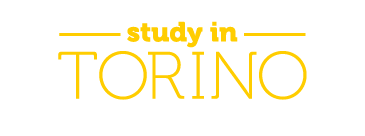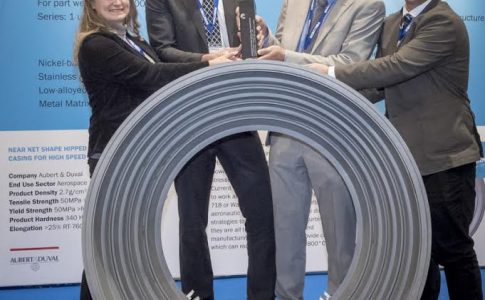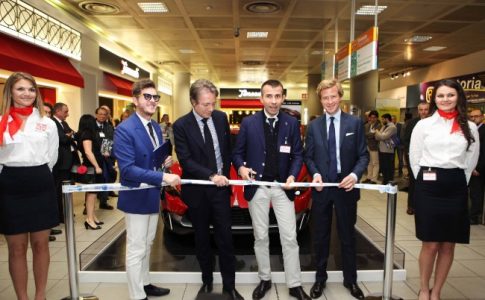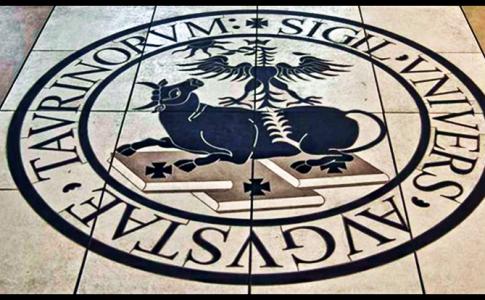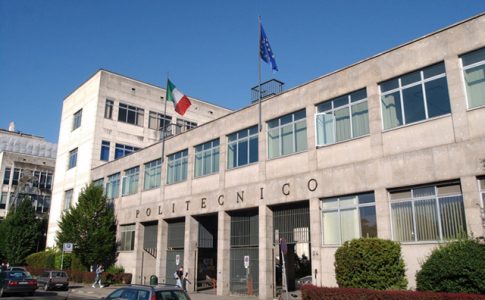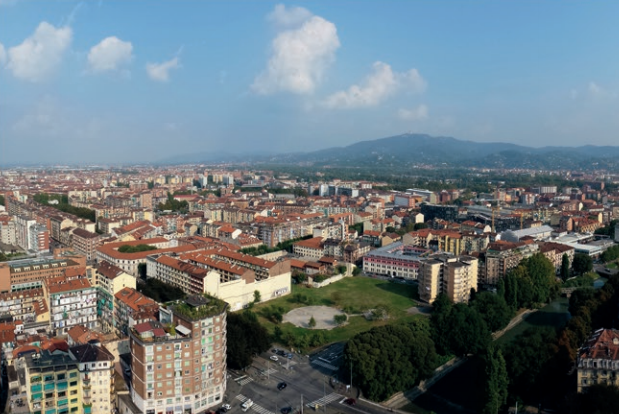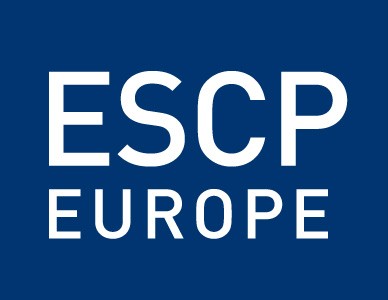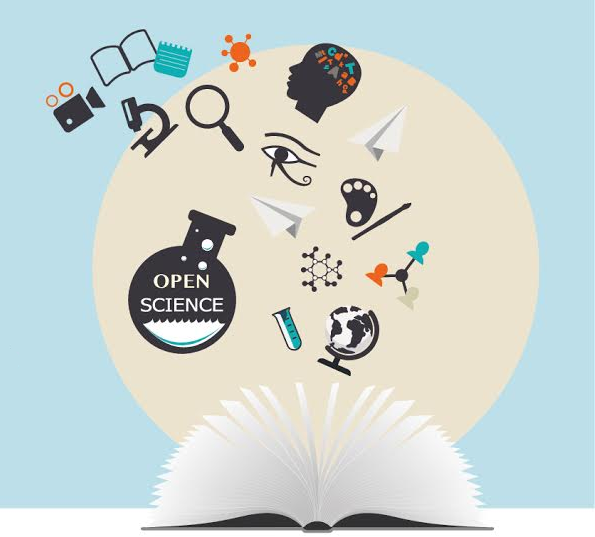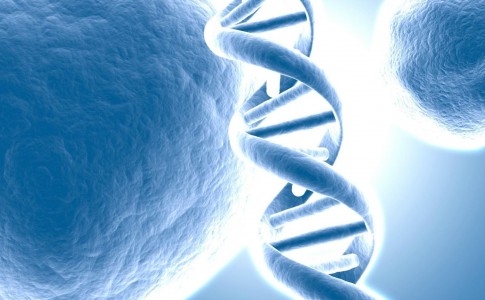The objective of the European research programme Clean Sky 1 is to reduce CO2 emissions, greenhouse gasses and noises in the aeronautics. The project JTI Clean Sky GETREADY “High speed turbine casing produced by powder HIP technology” ranked third during the Award for the Best Project from Partners and Consortia. The project was directed by the National Interuniversity Consortium of Materials Science and Technology and carried out by a research department of Politecnico di Torino.
The award was given to professor Sara Biamino and professor Daniele Ugues of the Department of Applied Sciences and Technology, who coordinated the project. They took the prize during the Clean Sky 1 Closing Event (21st-22nd March 2017) in Brussels on behalf of the whole Consortium, composed of the French business Aubert&Duval, by a research department of Politecnico di Torino (coordinated by professor Stefano Beretta) and by Avio Aereo of Rivalta Torinese, Topic Manager of the project.
The project has shown that the material engineering, the production and the processing of the materials through heating systems enable the design and the production of more efficient products, which will be able to work in worse conditions and thanks to which we can reduce the wastefulness of precious raw materials.
During the project an innovative production technology has been used: it is called Net Shape Hot Isostatic Pressing (NSHIP) and allows the production of a turbine casing (that is the case around the turbine) by using a nickel super alloy that cannot be easily shaped and that, for this reason, cannot be used to produce the same part with a traditional production technology. With the project NSHIP the process starts with the powders of the chosen material; they are then put into a mould and heated up to 1200 degrees and with a pressure of around 1000 bar, until the final product is ready. Pressurising the materials is what makes the materials to “densify” and take the required form. With the project GETREADY two samples of casings have been produced thanks to this technology. The processing of the materials through best heating systems and their optimal shaping enabled us to obtain hot mechanical properties that are superior than the materials used now, thanks to which we have been able to solve problems which, otherwise, couldn’t have been resolved through the technologies we have used until today. If we produce a 90-kilo casing with the above-mentioned solution, we benefit from the raw materials by 75%, whereas with the traditional method we benefit from it only by 13%. The nickel super alloys are expensive and hard to find, since they are made of nickel but also of other high-quality materials. For this reason, it is very important to make good use of the raw materials: it is an advantage for the environment as well.
Another proof of the technical quality of the obtained results is the award the casing got in Hamburg (Germany): it awarded the prize of the European Association of Powder Metallurgy (EPMA) as best product of the year produced with the Hot Isostatic Processing.
